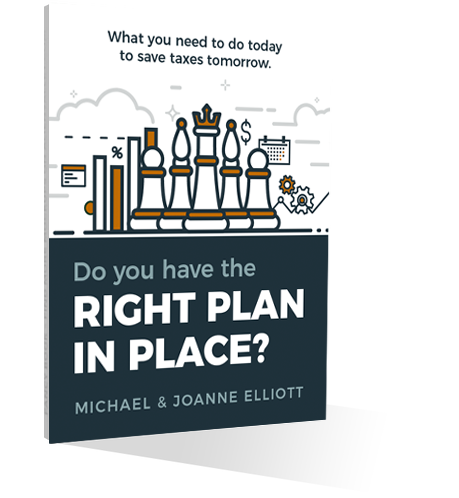Lauren Elliott & Melissa Whitley wrote this article that was published in the Tax Trends newsletter of the Illinois Start Bar Association’s Section on State & Local Taxation. Click here to read the article....
News & Resources
|
|
Category: General
Lauren Elliott & Melissa Whitley wrote this article that was published in the Tax Trends newsletter of the Illinois Start Bar Association’s Section on State & Local Taxation. Click here to read the article....
When Will You Receive Your 2022 Re-assessment Notice?March 28, 2022
Property in the northern suburbs of Cook County will be re-assessed in 2022. Assessment notices are mailed one township at a time, typically from February through September. But this year, they will be mailed late – very...
Cook County Assessor Fritz Kaegi was elected in 2018 with a mandate to reform the Cook County Assessor’s office. He implemented several big measures, including a 2021 computer system upgrade that stalled operations in his...
The Chicago Sun-Times recently published an investigative report claiming Cook County Assessor Fritz Kaegi cut 2020 assessments for nearly all Cook County homes based on a “wild miscalculation” that pandemic-induced job...
How you can help us lower your taxesAugust 31, 2021
Chicago is being reassessed this year. Assessment increases for commercial taxpayers have gone through the roof. The Assessor started four months late but he wants to finish on time – in December. That means he will decide...
Real Estate Tax Incentives to Attract and Retain Businesses in Cook County: A Discussion with the all the ExpertsFebruary 8, 2021
Joanne Elliott is moderating a panel discussion on Real Estate Tax Incentives in #CookCounty. Too often, the opportunity to secure an #incentive is missed due to lack of knowledge. Don’t miss your (or your...
Request for Reissuance of Refund Check FormDecember 4, 2020
Elliott Associate Request for Reissuance of Fund Check Form ...
When is an appraisal a worthwhile investment?September 9, 2020
Question: Do I need an appraisal? Answer: Appraisals can be useful in winning a tax appeal case. But, they are not always necessary. Let us explain what we do to avoid incurring unnecessary appraisal costs and...
...
How long will my Collar County property tax appeal take and what does relief look like?September 3, 2020
Question: Outside of Cook County, how long does the appeal process take? Answer: There are several places where a taxpayer outside of Cook County can appeal its taxes. Each has its own rules and timing. Here is a...
|

|
Do you have the right plan in place?Find out what you need to do today to save taxes tomorrow.
|

This website uses cookies to improve functionality and performance. If you continue browsing the site, you are giving implied consent to the use of cookies and tracking on this website. See our Privacy Notice for details.